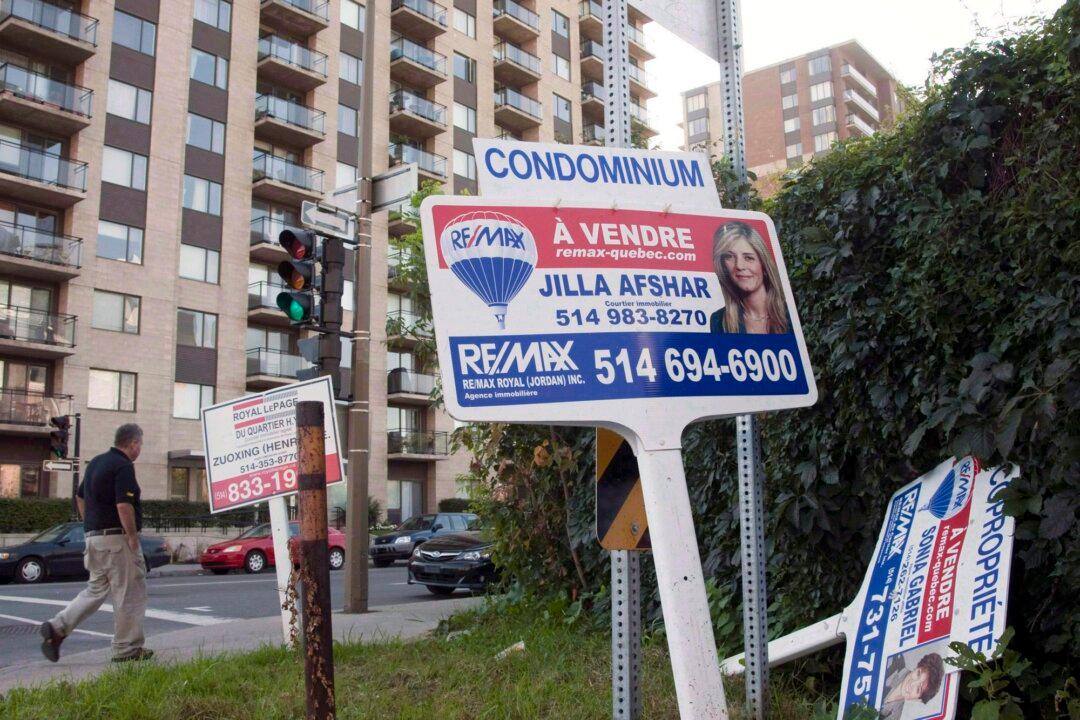Editor’s note: China’s newly rich, and even its middle class, have been seeking safe places to invest their money. In the current environment of economic and political uncertainty, their investment options in China are limited and highly insecure. With the Chinese real estate and stock markets showing dangerous bubbles, Chinese investors en masse have flocked to Western countries—mostly Canada, the U.S., and Australia—to buy up houses.
Chen Sijin, a Chinese-Canadian living in Toronto, reflects on the consequences of the huge amounts of real estate investment made in Canada by mainland Chinese.
Chinese have poured a lot of hot money into Canada’s real estate market in recent years. This has sharply pushed up prices and forced many locals out of the housing market in Canada’s major cities. With home prices rising beyond the reach of average Canadians, anti-Chinese sentiments are also on the rise. Some cities are considering putting limits on foreign real estate investments.
Canada ranks third among countries favored by Chinese investors. In Toronto, Canada’s largest city, 50 percent of new homes are being bought up by foreigners. In Vancouver and Toronto, 50 percent of apartment buildings are owned by foreign investors.
Canada now has one of the biggest real estate bubbles, and Canadian home prices have become the second highest in the world in relation to the average citizen’s income. Vancouver has a long-term home vacancy rate of over 15 percent. All this is having a big impact on Canadians.
Take my colleague Mike, for example. He’s a systems management engineer in my department, with an annual income of about $70,000 to $80,000 Canadian dollars, more than double the average income of his peers. Mike is married with two children. Three years ago he bought a big house. You'd think that he’s a happy man. But recently Mike seemed depressed. I finally let go of my Chinese trait of being reserved and asked him if something was wrong.
He glared at me and said: “It’s all because of you Chinese!”
